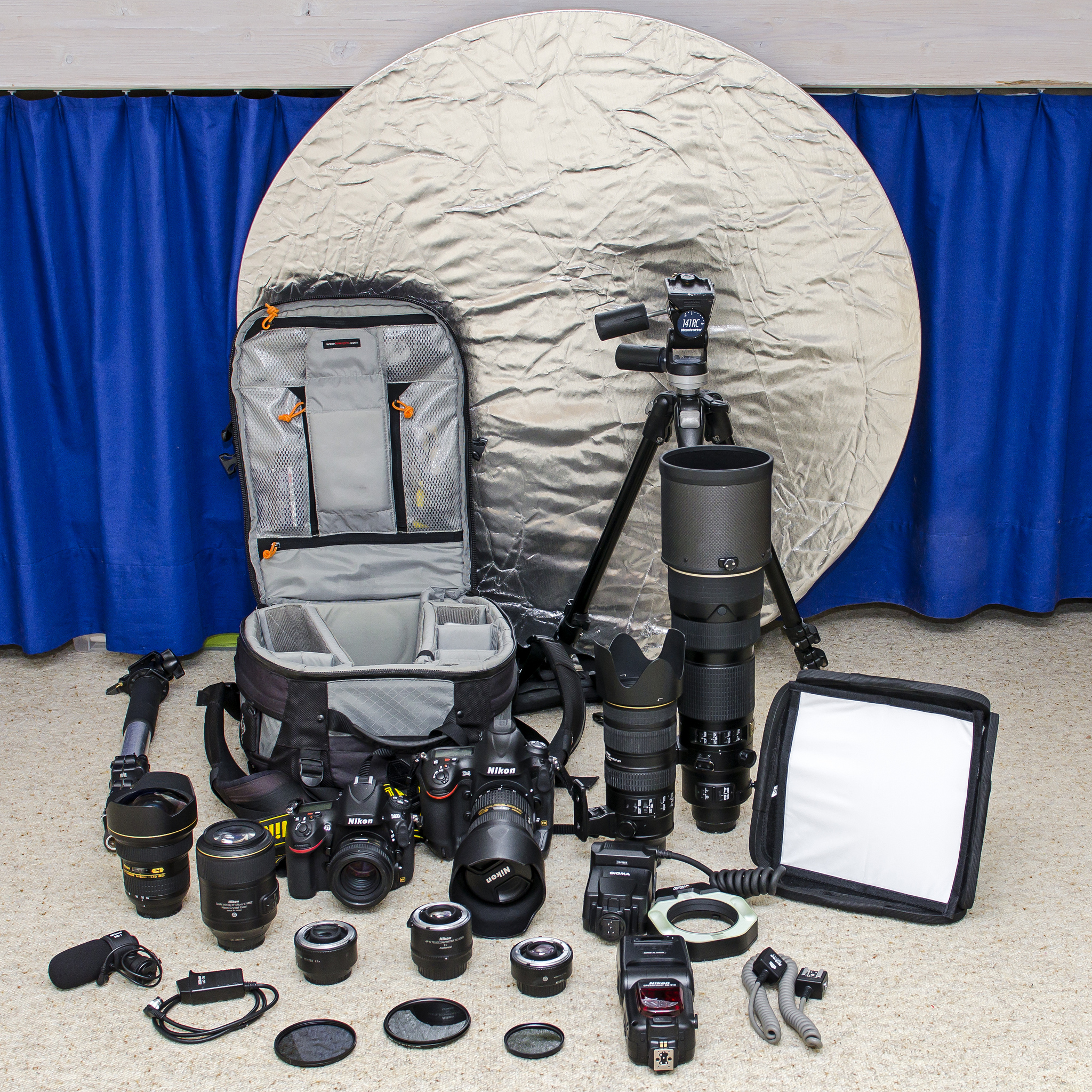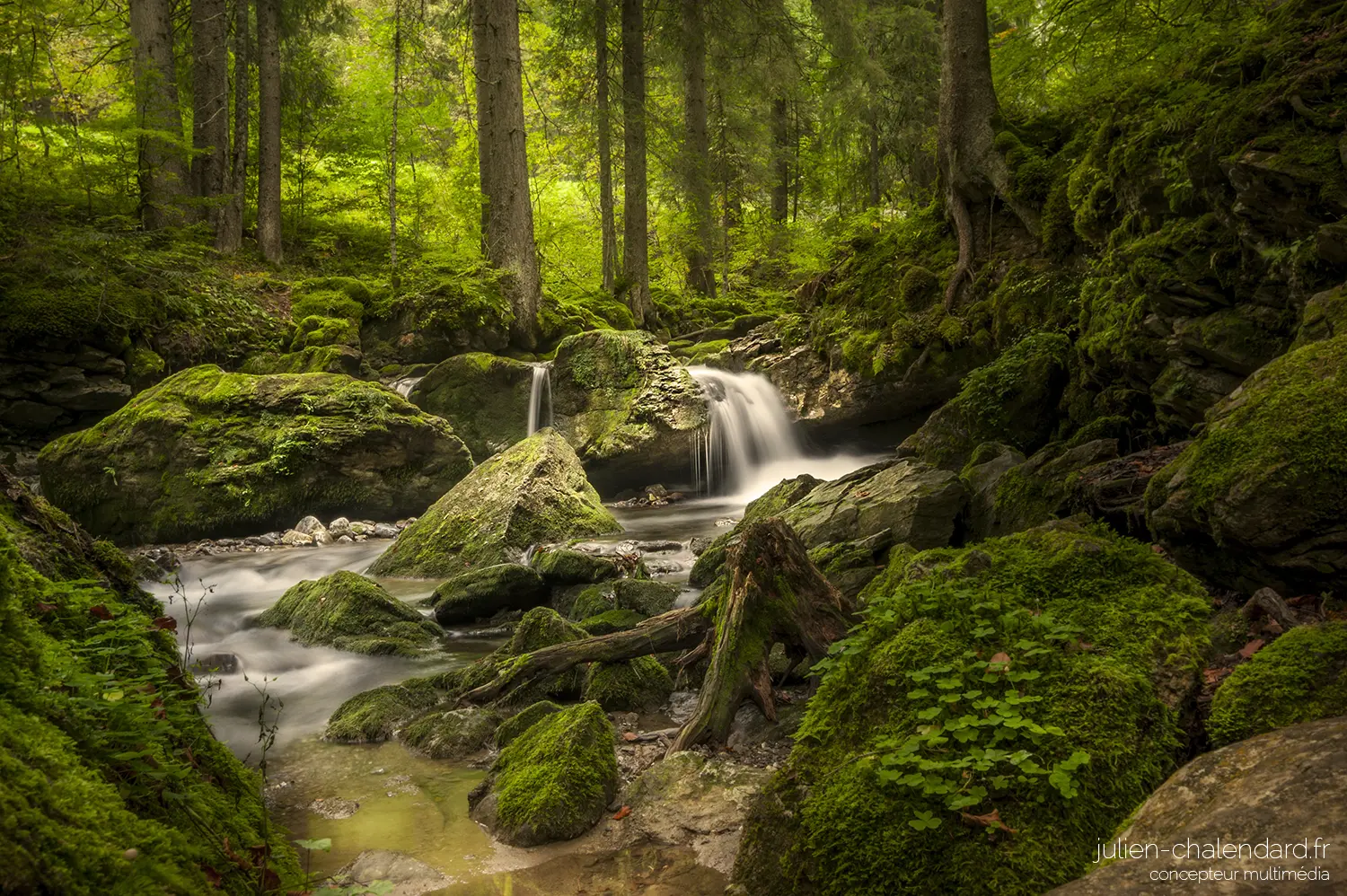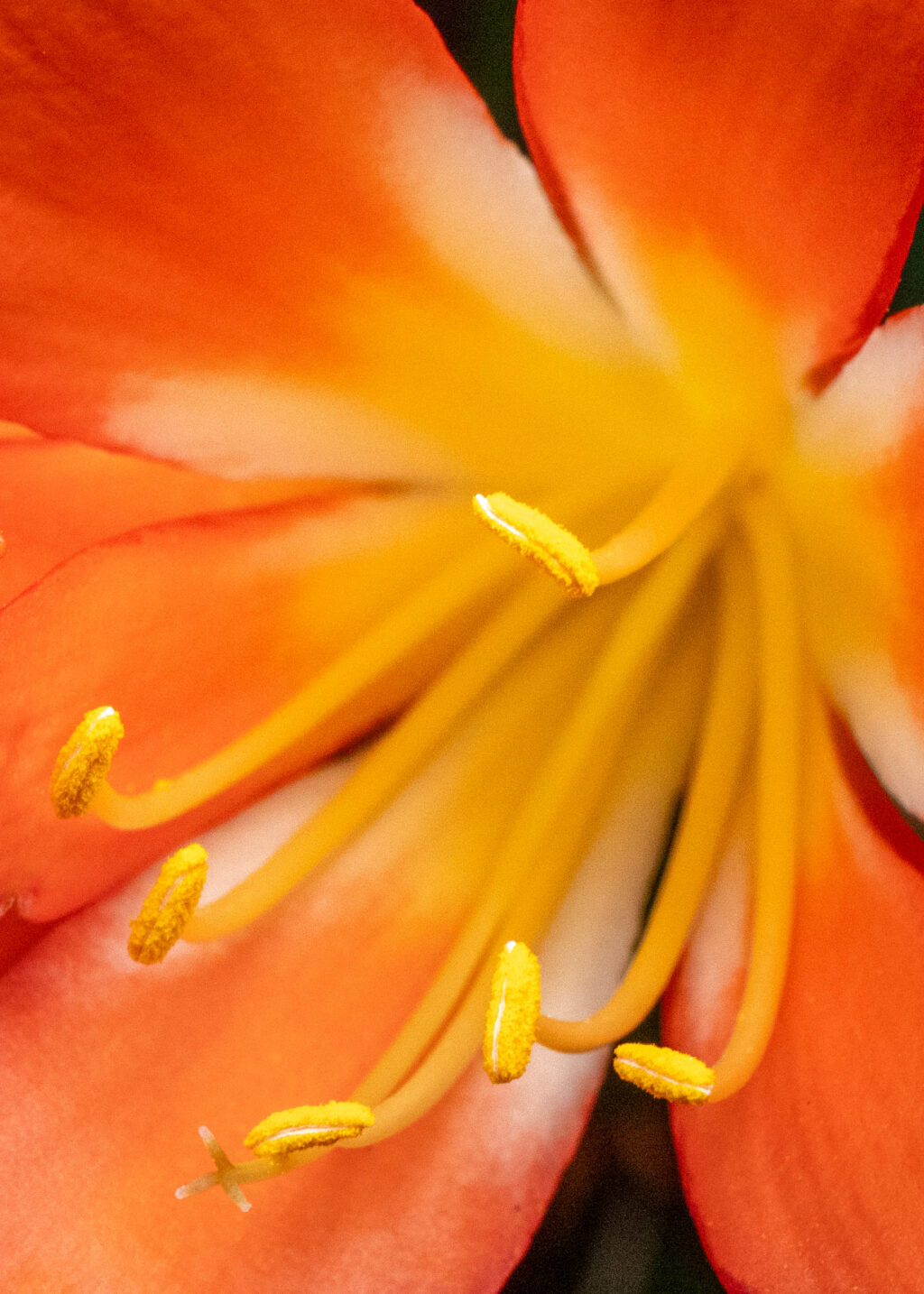You never stop learning and that’s a good thing. It's something that is particularly appropriate to photography.
Think about it, the actual process of taking a good photo relies on a whole chain of events to be done right. In that chain are numerous steps. If one of those is omitted it could be the difference between a great photo and no photo at all.
The problem that arises is that, as we become more experienced in photography, so some of those steps tend to end up on autopilot. When that happens we are in danger of making a mistake. Let’s take a look at some of the most common errors.
1. Leaving On Auto ISO
Auto ISO can be a powerful tool for a photographer. It can also be the source of poor images. This is particularly true if you are shooting at the end of the day and during the golden and blue hours.
Leaving the Auto ISO will cause film speed to gradually bump up as the light fades. This leads to a degradation of the image quality. You might not notice it at first, but as the light fades your shutter speeds should be getting slower. If this is not the case, there is a good chance you left Auto ISO on.
2. Not Downloading Cards
This is an elementary mistake that a photographer of any experience can make.
You return home after a long day’s shoot and all you want is to rest and drink some tea. You will plan to download the photos from the cards later in the evening.
Except, life happens and you forget. Up bright and early to catch the dawn next morning, you realise that you have just run out of memory space. You check and you realise the great shots you have from yesterday are still on the card!
Try to be meticulous with your card downloading, do it as soon as you get home. Its also worth carrying extra cards just in case the inevitable happens.

3. Not Charging Batteries
Again this is something that is very easy to do and pretty much for the same reasons as above. Another factor that also come into play here is assuming you have enough charge in your battery to get your though the shoot.
Its an assumption that should never be made. Battery drain is an imprecise science that can vary according to many factors. Type of shot, file type and temperature can all effect how quickly a battery drains. Always fully charge your batteries before going on a shoot and if you can afford it carry several spares.
4. Selecting Too Much Or The Wrong Gear
This is a mistake that newcomers and experienced photographers alike can make. The first is to take more equipment than you actually need. The effect of this is to slow you down both physically and creatively. Think ahead about what you plan to shoot. Will you need that 300mm f2.8? If not save the weight.
The other side to this coin is taking the wrong gear. There is little need for a wide angle of your are going to do some head and shoulders portrait shots. Select your gear according to what the shoot is going to involve.

5. Shooting And Not Looking
Sometimes a location is so beautiful that it just begs us to be photographed. The problem is that we get utterly engrossed in shooting the scene that we forget to drop the camera from our eyes and just look. There are several benefits of just looking.
The one is just to savour the moment. Another is that it will actually improve our creativity leading to better shots. By stepping back from a scene, we can start to look at it in depth, seeing new angles and perspectives.
When we shoot with the camera continuously at our eye, we often forget the simple task of turning around to see what’s behind us, we become blinkered. Taking five minutes away from shooting every so often is a great way to reduce that issue.

These five errors might seem elementary but that’s the point. Because they are basic procedures they tend to become automatic and hence more likely to become a future mistake.
Every time you prepare to shoot or come home from a shoot its a great idea to run through a mental checklist of things you need to do in order to avoid problems.
Write it down at first and you will soon memorise it, helping eliminate future issues.





2 Comments
I use auto ISO with manual mode. I can set shutter speed I want with proper apperture…I thin it’s amazing
All pertinent points, particularly the last. Just looking and feeling how the subject affects you will often open your mind, especially if you are under pressure to ‘get some shots’. This came home to me on a trip where everyone in the group was happily banging away and I just couldn’t see a thing. A break to just enjoy the place opened my mind and my eyes.